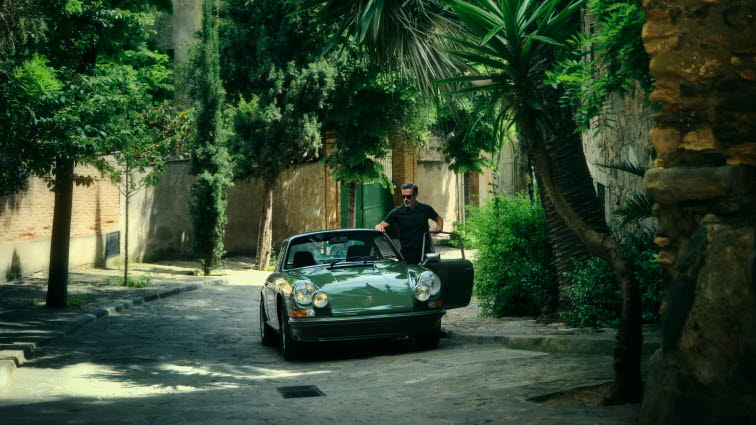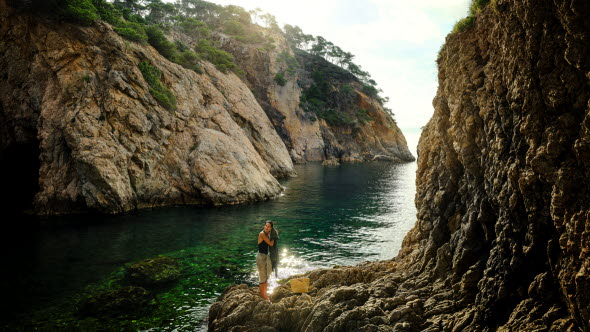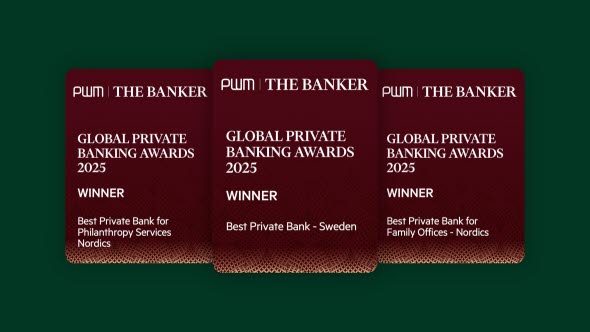Private Wealth Management and Family Office
Because there is more to wealth management than managing wealth.
Product offering depends on jurisdiction. Please contact us for more information on what products are available in your jurisdiction.

What many of us are really searching for is a life that feels meaningful. A life with time and space for the people we love and the things that make us feel alive.
At SEB, we understand that. We know that wealth itself isn’t often the end goal. It’s what enables the life we want to live. Wealth management is not just about numbers and financial strategies. It’s about clarity, confidence, room to breathe and finding a way to live with intention. And when wealth is managed the right way, it allows you to say yes to the things that drive you. And no to the ones that don’t.
So, in a world full of noise and obligations, we help remove friction. So that you can move beyond the distractions and live with purpose – and with passion.
With passion
Our offering within Private Wealth
Invest with passion

Take the first step towards your goals
Contact us and let’s build the foundation to turn your dreams into reality.

Financial services
Our financial services are tailored to your situation, needs and ambitions. Our dedicated team will help anticipating your needs so you can make critical financial decisions.

Philanthropy and foundations
Whether you are just beginning your philanthropic journey or are well on your way, we’ll partner with you every step along the way.

Life and family
We simplify and enrich life for you and your family through our global network, creating valuable connections and opportunities in business and in life.

Triple win for SEB at the Global Private Banking Awards 2025
To us, the greatest privilege lies in the trust our clients place in us. Every relationship is an opportunity to listen, guide, and grow together. We’re grateful for each opportunity to make a difference for our clients and their families.

Contact our international network
Local presence, international reach. Our international network offers you the unique opportunity to manage and diversify your wealth across borders.
